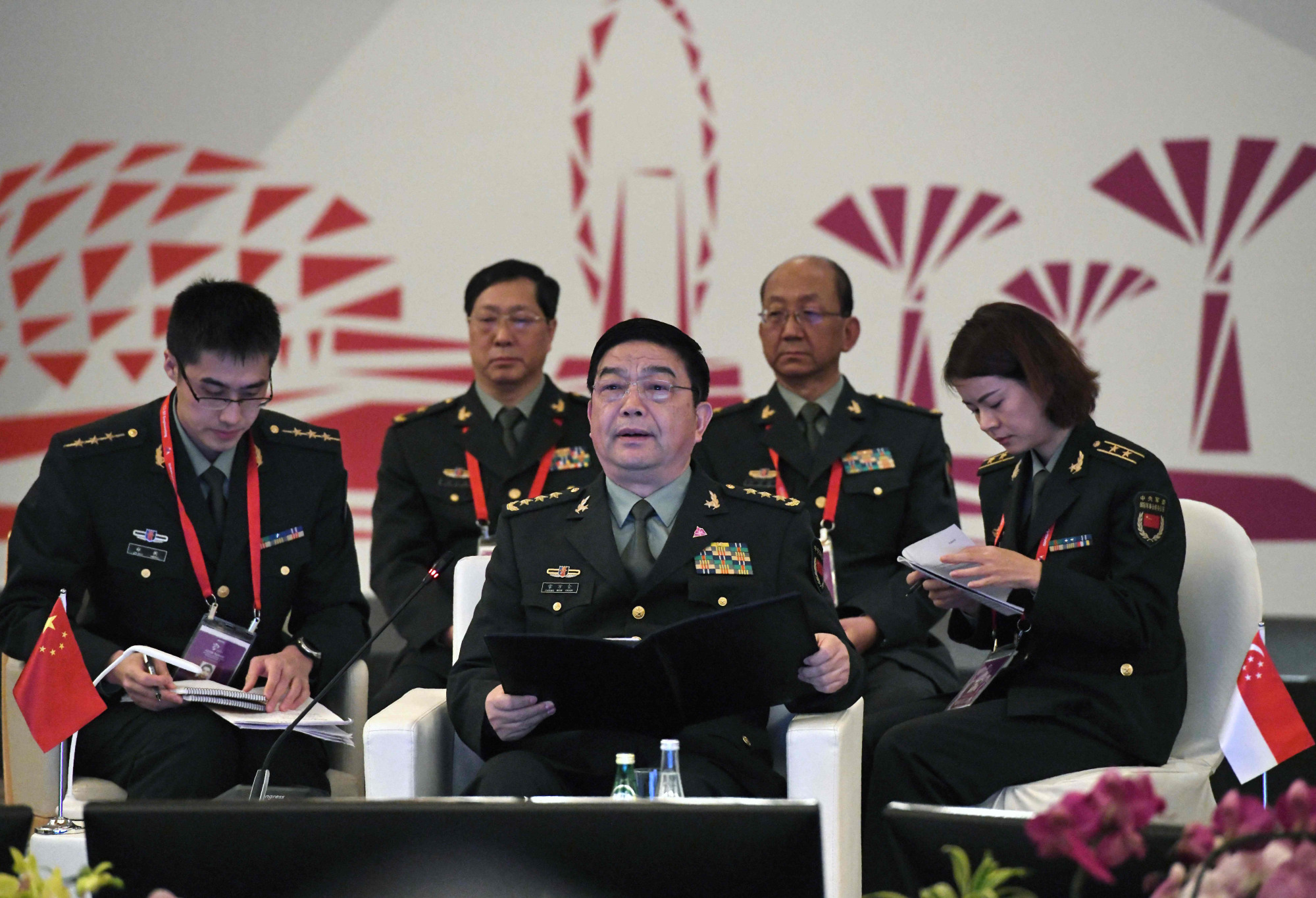The past year has witnessed a dramatic change in the attitude of ASEAN member states toward China. The declaration issued during the leaders' summit of the Association of Southeast Asian Nations last November in Manila, which emphasized the need for "non-militarization and self-restraint" regarding China's pursuit of military bases in the South China Sea through construction of artificial islands, made the change in ASEAN's stance abundantly clear. What set this statement apart from previous declarations on the issue was the absence of a single word with regard to China's actions: "concern."
Ever since the May 2014 ASEAN chairman's statement noted "serious concern" regarding China's oil drilling in waters near the Paracel Islands, statements issued by ASEAN have consistently made reference to the "continued concern" or "shared concern" of its member states over China's actions.
However, the statement issued at the April 2017 leaders' summit was more subdued, and simply "took note of concerns expressed by some leaders." Cambodia's strong opposition to the use of the word "concern" in the statement prompted this change in wording. Furthermore, private meetings held during the meeting of ASEAN foreign ministers last August failed to yield a consensus on whether or not a code of conduct for activity in the South China Sea should be legally binding. While Malaysia and Vietnam pushed to give the code of conduct legal weight, their efforts were opposed by the Philippines. Ultimately, the statement issued by the foreign ministers refrained from specifying the legal weight of the code of conduct.



